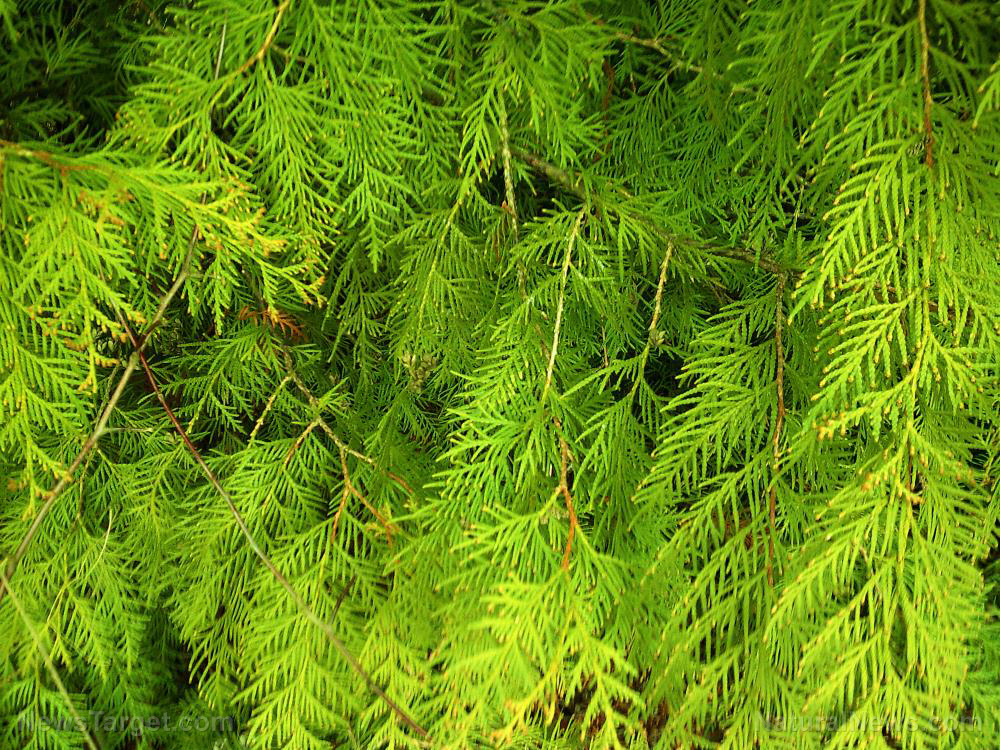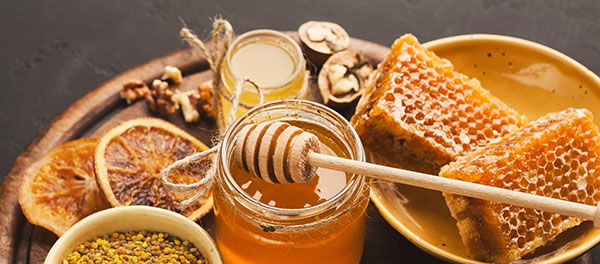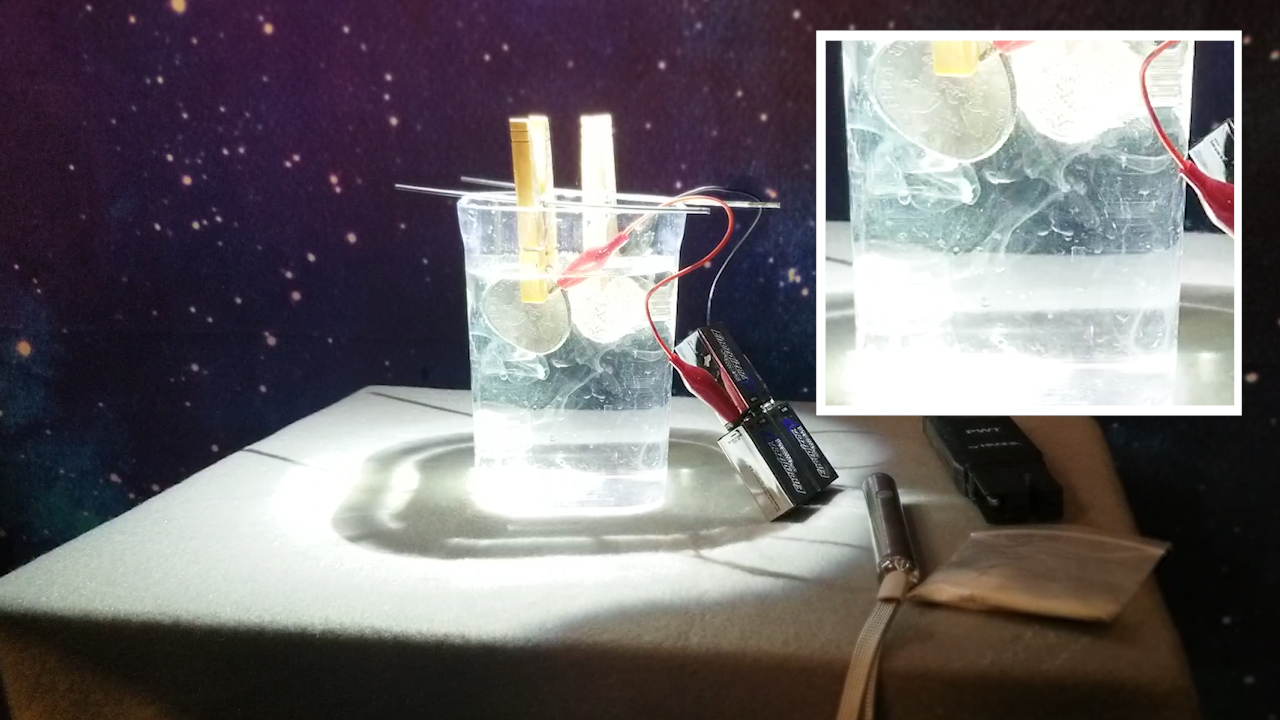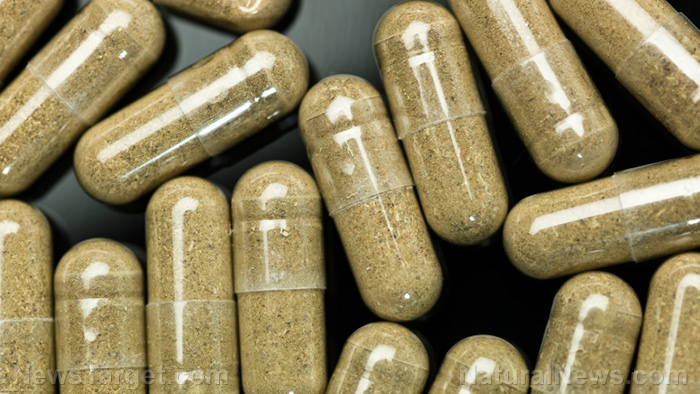
Hinoki cypress has been traditionally used in treating asthmatic disease. Hinoki cypress essential oil has a fresh, earthy scent that is both calming and uplifting. It also boosts the immune system, improves hair growth conditions, and relieves stuffy noses and sinus congestion.
Carried out by researchers at Wonkwang University and Chonbuk National University in Korea, the study used different concentrations of the essential oil extracted from Hinoki cypress leaves against MRSA. In recent years, the rise of antibiotic-resistant bacteria has made it difficult to treat infectious diseases.
The results of the study showed that Hinoki cypress essential oil at concentrations greater than 0.1 milligrams per milliliter (mg/mL) inhibited MRSA growth and acid production. The same concentrations of Hinoki cypress essential oil inhibited MRSA biofilm formation.
In addition, the researchers observed mRNA expression of virulence factor genes and found that Hinoki cypress essential oil at concentrations 0.2 mg/mL to 0.3 mg/mL inhibited mRNA expression of virulence factor genes.
Moreover, the researchers looked at the components of Hinoki cypress essential oil and found 59 constituents within it. The researchers believe that the antibacterial activity of Hinoki cypress essential oil may be attributed to its primary constituents, such as sabinene, alpha-terpinyl acetate, bornyl acetate, limonene, elemol, myrcene, gamma-terpinene, and hibaene.
With these findings, the researchers suggest that the antibacterial activity of Hinoki cypress essential oil may be used to protect against MRSA.
What is MRSA and how people get it
MRSA is a bacteria that is resistant to many antibiotics. This means that infectious diseases caused by MRSA can be more difficult to treat than other bacterial infections. This type of bacteria has a lot of different strains and many of them are quite common. Staph bacteria can live on the skin and in the nose of most people without causing any problems. However, if the bacteria get into a person's body through an open wound, such as a cut or scrape, or even a rash, they can cause minor skin infections.
Unlike other staph bacteria, MRSA has built up a resistance to most antibiotics used to treat staph infections. While MRSA skin infections often develop around open sores, they can also occur even on intact skin. They can cause red, swollen, painful bumps that sometimes produce fluid or pus, and some also develop a fever.
Anyone can get the bacteria on the skin by touching someone with an infected wound or by sharing personal items, such as towels or razors, that have touched infected skin. However, the risk of MRSA infection can be increased in places that involve crowding, skin-to-skin contact, and shared equipment or supplies. People in hospitals are most at risk because they often have a way for the bacteria to get into their body, they have a weakened immune system, and they are in close contact with many people, so the bacteria can spread more easily. (Related: DISGUSTING: Nearly 90% of privacy curtains in hospital rooms are loaded with MRSA superbugs.)
Protect yourself from MRSA by washing your hands frequently; keeping a cut or broken skin clean and covered with a bandage; refraining from sharing razors, towels, uniforms, or other items that come into contact with bare skin; and covering shared sports equipment with a barrier to prevent skin from touching it.
Read more news stories and studies on natural antibacterial agents like Hinoki cypress essential oil by going to Infections.news.
Sources include:
Please contact us for more information.























